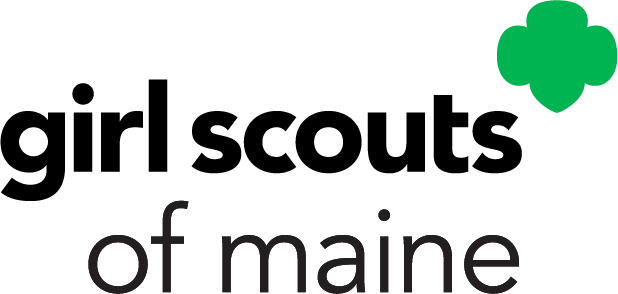Silver Award Girl Scout, Catherine
Catherine learned that there are programs that address the issue of menstrual inequality throughout Maine, however, discovered that there were no programs directly impacting her community. In talking with her project advisor, a teacher at the local high school and head of the school’s food pantry and Interact Club, her city’s town manager, and the founder of One Less Worry, they have all confirmed Catherine’s theory that one cause of menstrual inequality is due to lack of access due to the cost of feminine hygiene products. With all of this information Catherine decided to enlist the assistance of her high school’s food pantry, her church, and a local non-profit to design and build boxes to put in community bathrooms in the Gardiner area. The distribution boxes contain menstrual products for people in need. One way Catherine demonstrated leadership in her project was by coordinating the transfer and distribution of hygiene products from the food pantry to the Interact Club. To ensure the sustainability the Interact Club agreed to continue to monitor the boxes to ensure that they remain stocked. One goal Catherine had for her project was to create 5 boxes that served at least 20 women–Catherine successfully achieved her goal and was even able to educate others about the issue of menstrual inequality in the process. Catherine says she lived the Girl Scout law through her project by being respectful of herself and others.

